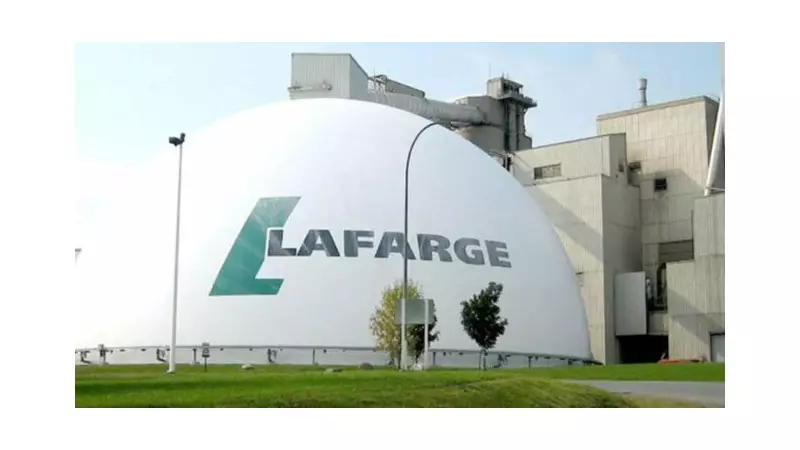
In a groundbreaking corporate accountability case, French cement giant Lafarge finds itself at the center of a terrorism financing trial that has captured international attention. The Paris court proceedings allege the company engaged in systematic payments to jihadist groups, including Islamic State, to protect its business interests in war-torn Syria.
The prosecution claims Lafarge's Syrian subsidiary, Lafarge Cement Syria, funneled approximately €13 million to various armed factions between 2011 and 2014. These payments were allegedly made through intermediaries and shell companies to maintain operations at the company's Jalabiya plant in northern Syria.
Corporate Strategy or Criminal Complicity?
Court documents reveal stunning details of how Lafarge allegedly developed a sophisticated payment system to navigate Syria's complex conflict landscape. The company is accused of dealing with multiple terrorist organizations, including Islamic State and al-Nusra Front, treating these payments as necessary "security expenses" to protect their €680 million investment.
Former executives facing charges include the company's ex-CEO Bruno Lafont and several top managers who allegedly approved the controversial strategy. The prosecution argues these were not isolated incidents but part of a calculated corporate policy that prioritized profits over principles.
Historical Context and International Ramifications
The trial represents a significant moment in legal history, marking the first time a major French corporation has been charged with complicity in crimes against humanity. The case has drawn parallels to similar corporate accountability proceedings worldwide and could set important precedents for multinational companies operating in conflict zones.
Legal experts note the unusual nature of the charges, which combine terrorism financing allegations with accusations of endangering the lives of Syrian employees who continued working at the plant despite the dangerous security situation.
Corporate Defense and Public Outcry
Lafarge, now part of Swiss conglomerate Holcim, has acknowledged "unacceptable errors" but maintains the subsidiary acted without head office approval. The company argues that local managers made difficult decisions under extreme circumstances to protect employees and assets.
However, human rights organizations and victims' groups have welcomed the trial as a crucial step toward corporate accountability. They argue that businesses must be held responsible when their operations indirectly support terrorist activities, regardless of the commercial pressures they face.
The outcome of this landmark case could reshape how multinational corporations approach risk management in conflict areas and establish new legal boundaries for corporate conduct during wartime.





